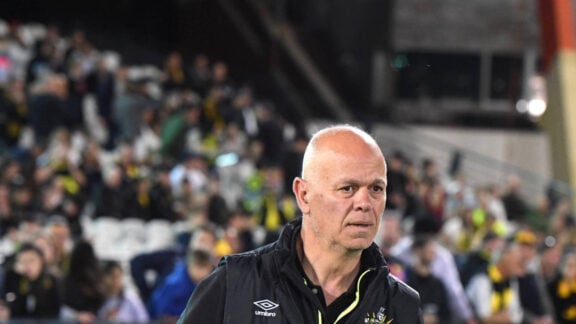A group of 43 Australian-based experts in the Holocaust, genocide and human rights have signed a statement urging SBS to recognise the Armenian genocide and candidly report on the events.
“As scholars and practitioners on the Holocaust, genocide and human rights issues, we are seriously concerned by the Special Broadcasting Service’s (SBS) editorial policy on the Armenian genocide,” reads the statement, which has 43 endorsements recorded by lecturer and a director of the Australian Institute for Holocaust and Genocide Studies, Meher Grigorian.
Successive Turkish governments have continued to deny that it was a genocide, and by taking its current stance the experts say that “SBS treats historians’ findings and the views of deniers as if they had equal weight. This is misguided and wrong.”
In an article published in The Australian in May titled SBS’s Turkish Report Scrutinised SBS’s editorial policy on the Armenian genocide, formulated for the 2015 centenary, was revealed and showed reporters are instructed to refer to the event not as the Armenian genocide but as “the mass killing of Armenians, considered by many to have been a genocide, which Turkey denies.”
In an interview with the Australian Jewish News, Grigorian claimed the policy was developed after pressure from the Australian Turkish Advocacy Alliance (ATAA), however SBS managing director Michael Ebeid rejected any link between ATAA and his network’s reporting policy in a Senate Estimates hearing on May 24. Edeid had said, “I think as long as the Australian government doesn’t call it a genocide, I think it is very difficult for us to do that. We would probably change our protocol if the Australian government had a different perspective on it.”
In the statement, Grigorian and the other experts go into the horrific history which began in 1915 during the Ottoman Empire and saw the massacre of 1.5 million Armenian citizens through “direct killing, torture, rape, starvation and forced death marches”.
It also cites that the event is documented in the official records of the United States, France, Great Britain, Russia and Turkey’s wartime allies Germany, Austria, and Hungary; in Ottoman court-martial records; by the eyewitness accounts of relief workers and missionaries; in the testimony of survivors; and by decades of historical scholarship.
“The International Association of Genocide Scholars has unanimously reaffirmed that the mass murder of Armenians in the Ottoman Empire conformed to the provisions of the UN Genocide Convention. A growing number of Turkish historians also acknowledge the Armenian genocide. Yet SBS, citing no examples, justifies its editorial policy by stating that ‘many historians dispute whether it was a genocide’,” the statement continues.
It highlights that other news outlets such as The New York Times, The Boston Globe, the Los Angeles Times, and the Canadian Broadcasting Corporation amongst others have accepted the Armenian genocide as fact and forthrightly report on it and urges SBS to “follow the lead of its international counterparts on the Armenian genocide.”
“That means using no caveats or qualifiers in reporting on what is an indisputable historical fact.”
Twenty-nine countries have recognised the Armenian genocide, along with two Australian states – NSW and South Australia.









